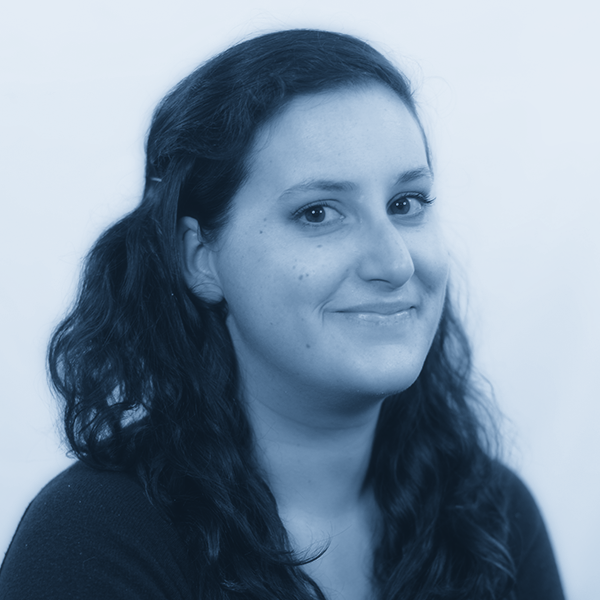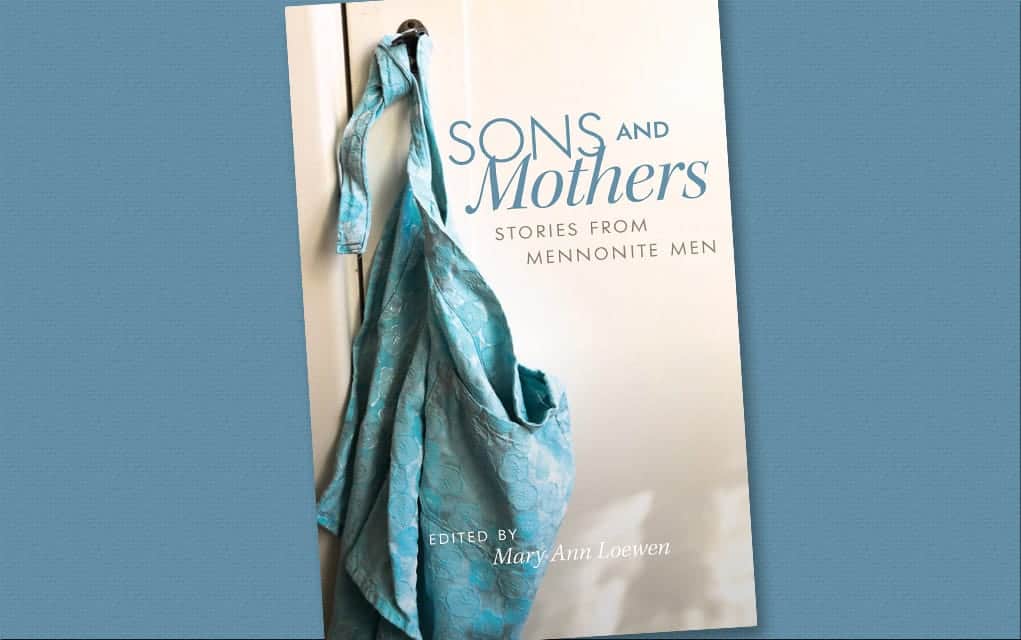In Mennonite society, families are often close, and relationships complex. In the new book, Sons and Mothers: Stories from Mennonite Men, readers get a glimpse into the struggles and triumphs between mother and son.
Andrew Martin, one of the contributors to the book, grew up in Floradale in a conservative Mennonite family. His chapter describes his relationship with his mother, as she was dying, and his childhood.
“It is a very personal piece and some of the other men mention that in the book, that this was not an easy thing to write,” Martin said.
Edited by Mary Ann Loewen, there will be a book launch at Conrad Grebel University College on Oct. 15. Some of the contributing writers will be there – Martin included – to read excerpts from the book.
Other writers in the book include Howard Dyck, John Rempel, and Paul Tiessen. Martin became involved with the book, through Loewen’s husband Roy, who chairs Mennonite studies at the University of Winnipeg. He had done research for him before, and when Mary Ann was looking for more men to write their stories, Martin was intrigued.
“I’ve always been toying with the idea of writing more about my childhood and my past, so it was an opportunity to do just a very limited part of it, one chapter. It seemed very doable,” Martin said.
His chapter, titled Reconciling Care with Conflict, begins with his family’s Mennonite background in Waterloo Region. He outlines the pioneering history of his mother’s family who came to Floradale and were part of the Queen’s Bush, some land that had been put aside for the Anglican Church by England. Eventually it was open to settlers and sold off.
“It’s a pretty personal experience where I reflected directly on my experience as a child and the very positive things, the great emotional connection I had with my mother and then at other times when she just couldn’t resolve tensions, and when there were things that were really tough to deal with. It’s that tension and that struggle between experiencing her caring and also having to deal and struggle with some difficult issues,” Martin said.
Martin’s grandparents were Old Order Mennonites, and his parents joined what he calls the Conservative Mennonite movement. He still identifies as Mennonite today, but with the more assimilated group of Mennonites. Martin is also the only Swiss Mennonite writer in the book. The rest are of the Dutch German stream.
“This area here was settled in the early-1800s by the Swiss Mennonites. And then the Russian Mennonites migrated here in the late 1800s, and then some more waves of immigration in the early 20th century. Up to the current time there are still Mennonites of Dutch origin migrating to Ontario from Mexico and Paraguay. So it’s complex history,” Martin said.
Martin follows the well-known mantra from Greek philosopher Socrates that the unexamined life is not worth living. As a counselling therapist, Martin believes examining our past and how we reacted to events are important for us to make better choices in the future. That’s part of the reason why he decided to write about his childhood and subsequent relationship with his mother.
“Hopefully others will see that it’s a worthwhile project to reflect on their past. It can be scary and it can be risky, but it can also be very healing and bring wholeness,” Martin said.
He says the book will mostly appeal to a Mennonite audience and to people who are intrigued by the Mennonite community, but also those interested in the role mothers play in their children’s lives. As for Mary Ann’s role, Martin says she did a great job editing the stories into a cohesive narrative.
“A couple of my siblings have read it and they said they laughed and they cried. That was rewarding to know that they connected with my story,” Martin said.
The book was published on Sept. 15 by the University of Regina Press. It can be found online on Amazon, and locally at Words Worth Books in Waterloo.
“I learned a lot about writing my story. It was really helpful in that way. Someday I hope to sit down and write some more,” Martin said.









